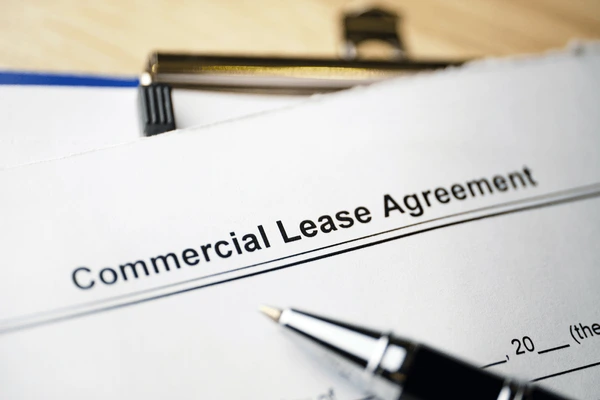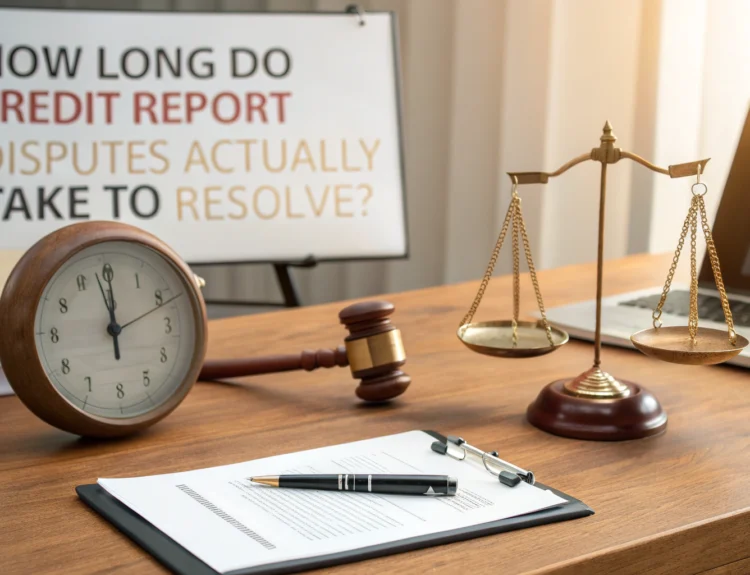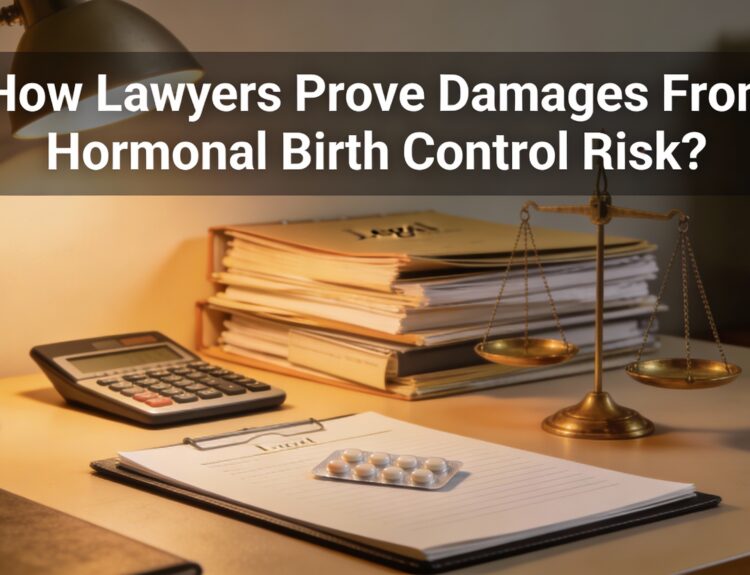Commercial leases represent significant long-term commitments for Australian businesses, often spanning years and involving substantial financial obligations. Making informed decisions about your commercial lease can be the difference between business success and unexpected legal headaches. GNI Legal recommends getting professional legal advice at several key stages of the leasing process to protect your business interests.
Contents
Key Takeaways
- Engage a lawyer before signing any lease document, including letters of offer
- Legal representation during negotiations can secure more favourable terms
- Seek legal advice when renewing leases, dealing with disputes, or when guarantors are involved
- Commercial lease lawyers provide document review, negotiation support, and dispute resolution assistance
- Early legal input is cost-effective compared to resolving problems after signing
When to engage a lawyer
Before signing any lease or letter of offer
A commercial lease is a legally binding document that can affect your business for years to come. Having a lawyer review the lease before you sign anything – even a seemingly simple letter of offer – allows them to identify problematic clauses, unusual obligations, and potential liabilities. They’ll check whether the permitted use aligns with your business activities and clarify fit-out responsibilities before you commit.
During negotiation of lease terms
Many business owners don’t realise that most lease terms are negotiable. A lawyer can help negotiate favourable rent, review mechanisms, and incentives. They can propose amendments to termination clauses, secure better break conditions, and ensure you have reasonable assignment and subletting rights should your circumstances change.
Before lease renewal, extension or rent review
When your lease is approaching renewal or a scheduled rent review, a lawyer can compare the proposed terms against market benchmarks. They’ll assess whether exercising an option to renew is in your best interest or if renegotiating entirely new terms would be more advantageous. They can also advise on exit strategies if you’re considering relocating.
When a dispute or default arises
If you receive breach notices or find yourself in disagreement with your landlord, immediate legal advice can protect your interests. A lawyer will help you respond appropriately, prepare for mediation, or represent you in tribunal proceedings if necessary. Quick action can often prevent small disputes from escalating into major problems.
“When personal guarantees are involved in a commercial lease, individual directors take on significant personal risk. Having these guarantees properly reviewed and limited can protect your personal assets from business liabilities.”
When guarantors or complex securities are proposed
If you’re asked to provide personal guarantees or complex securities, a lawyer can advise guarantors about their exposure and suggest protective drafting to limit liability. This is particularly important for small business owners whose personal assets might otherwise be at risk.
Before buying a business or property with an existing lease
When purchasing a business with an existing lease, thorough due diligence is essential. A lawyer will review estoppel certificates, verify outgoings, and identify any hidden lease obligations that might affect the value of your purchase.
Key legal issues in Australian commercial leases
Rent and rent review clauses
These clauses determine how much you’ll pay throughout the lease term. A lawyer will examine fixed increases, CPI adjustments, market review mechanisms, and any rent-free periods to ensure they’re fair and clearly defined.
Outgoings, operating expenses and GST treatment
Your lease should clearly specify which outgoings you’re responsible for and how these costs are calculated. A lawyer will check for unusual expenses, caps on increases, and proper GST treatment to avoid unexpected costs.
Term, options to renew and break clauses
The length of your commitment, conditions for renewal, and circumstances under which you can exit early all require careful review. A lawyer will ensure notice periods are reasonable and renewal conditions are achievable.
Repair, maintenance and make-good obligations
These clauses define your responsibilities for maintaining the premises and returning it to its original condition. Without legal review, you might agree to unreasonably extensive or expensive obligations.
Use clause and exclusivity rights
A lawyer will verify that the permitted use allows for your current business activities and any reasonably foreseeable expansions. They’ll also check for valuable exclusivity rights or harmful restrictions.
Assignment, subletting and change of control
These provisions affect your ability to sell your business or restructure your company. A lawyer will ensure landlord consent requirements are reasonable and that the standards for refusing consent are fair.
What a commercial lease lawyer will do
Document review and plain-language advice
A good lawyer translates complex legal jargon into clear, practical advice. They’ll highlight high-risk clauses and explain their real-world implications for your business operations and finances.
Drafting amendments and negotiating terms
Your lawyer will draft alternative wording for problematic clauses, prepare schedules of changes, and negotiate directly with the landlord’s representatives to secure more favourable terms.
Beyond the main lease, a lawyer will handle guarantees, deeds of consent, fit-out agreements, and other ancillary documents that form part of your leasing arrangement.
Represent you in dispute resolution
If conflicts arise, your lawyer will prepare correspondence, negotiate settlements, and represent you in formal proceedings before tribunals like NCAT, VCAT, or QCAT if necessary.
How to choose the right lawyer in Australia
Relevant experience and industry knowledge
Look for a lawyer with specific commercial leasing experience in your state and industry. Retail, industrial, and office leases each have unique considerations, and state-specific legislation varies significantly across Australia.
Fee structure and scope of work
Discuss whether a fixed-fee review or hourly rates would be more appropriate for your situation. Clarify the scope of work and potential additional costs upfront to avoid surprises.
Questions to ask before engagement
Before hiring a lawyer, ask about their experience with similar leases, typical turnaround times, who will handle your matter, and their communication approach. Clear expectations lead to better working relationships.
Documents to provide at first meeting
To make your initial consultation productive, bring any existing documents including letters of offer, draft leases, plans, previous landlord correspondence, and relevant business financials that might affect negotiations.
Costs and timing
Typical fee ranges for lease review
While costs vary across Australia, expect to pay between $1,500-$3,000 for a standard lease review, with more complex negotiations charged at hourly rates between $350-$600. Consider this an investment rather than an expense – good advice often pays for itself by avoiding costly problems.
Factors that affect cost and timeline
Lease complexity, number of negotiation rounds, and landlord responsiveness all influence the final cost and timeline. A straightforward review might take 3-5 business days, while complex negotiations can extend over weeks.
Value of early legal input
Engaging a lawyer early in the process is almost always more cost-effective than trying to fix problems after signing. Early input reduces downstream risk and speeds up the overall leasing process.
Practical checklist for business owners
Immediate checks
- Confirm the permitted use aligns exactly with your business activities
- Verify the lease term, including options and notice periods
- Review the complete rent schedule and review mechanisms
- Check which outgoings you’re responsible for and how they’re calculated
- Confirm insurance requirements and liability allocations
Red flags that require urgent legal advice
Be especially wary of open-ended repair obligations, unlimited personal guarantees, ambiguous break clauses, and excessive penalties for early termination. These high-risk elements deserve immediate legal scrutiny.
Negotiation priorities for small businesses
Focus on securing caps on outgoings increases, clearly defined make-good obligations, flexible assignment rights for business sale, and reasonable notice periods that align with your business planning cycles.
Conclusion
Commercial leases represent significant long-term commitments that can impact your business success for years. Seeking legal advice before signing, during negotiations, when considering renewals, if disputes arise, or when guarantees are involved is a prudent business decision. Early engagement with a qualified lawyer can save substantial money and stress by preventing problems before they occur. GNI Legal encourages business owners to view legal advice as an essential investment in their business future rather than an optional expense. Contact a qualified commercial lease lawyer today to protect your interests and secure favourable terms for your business premises.




